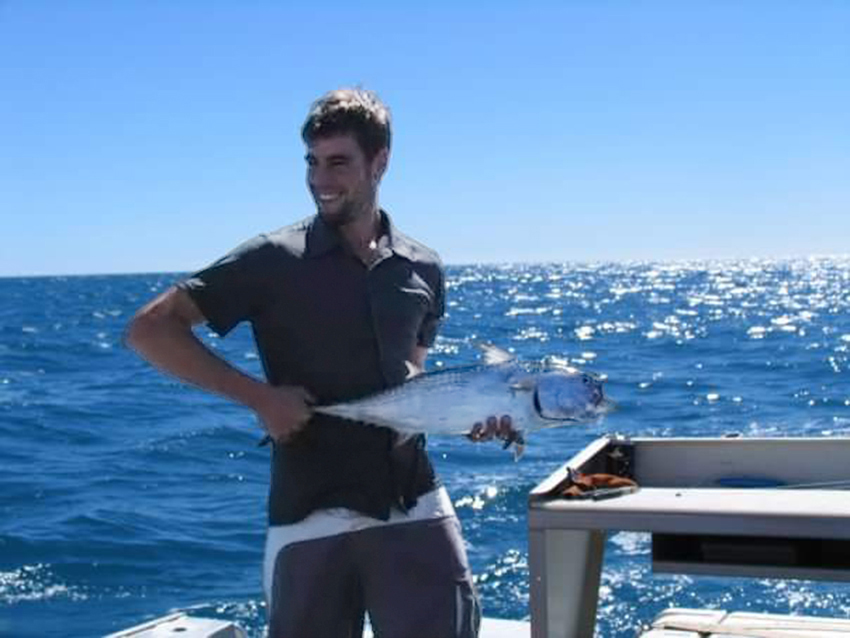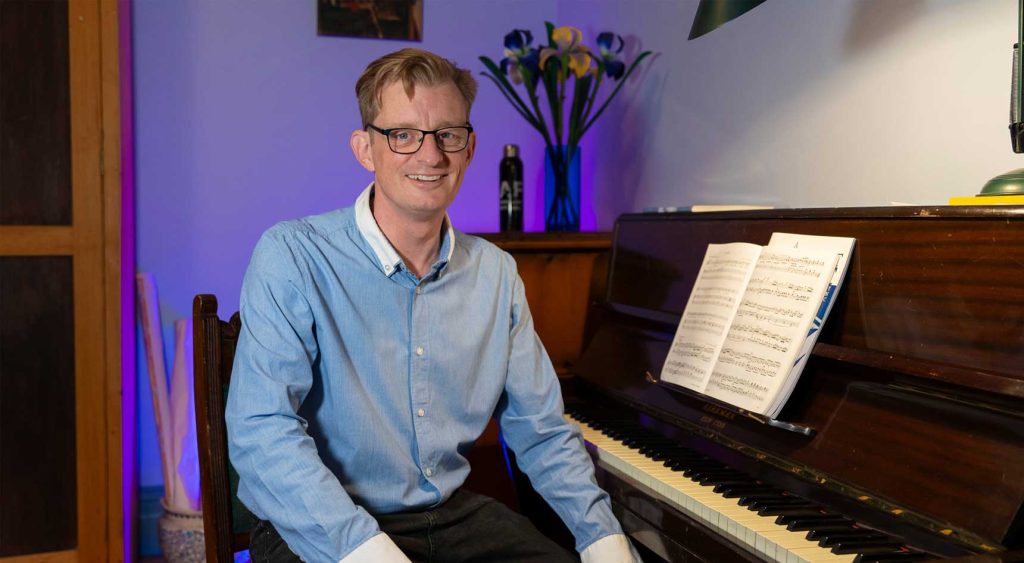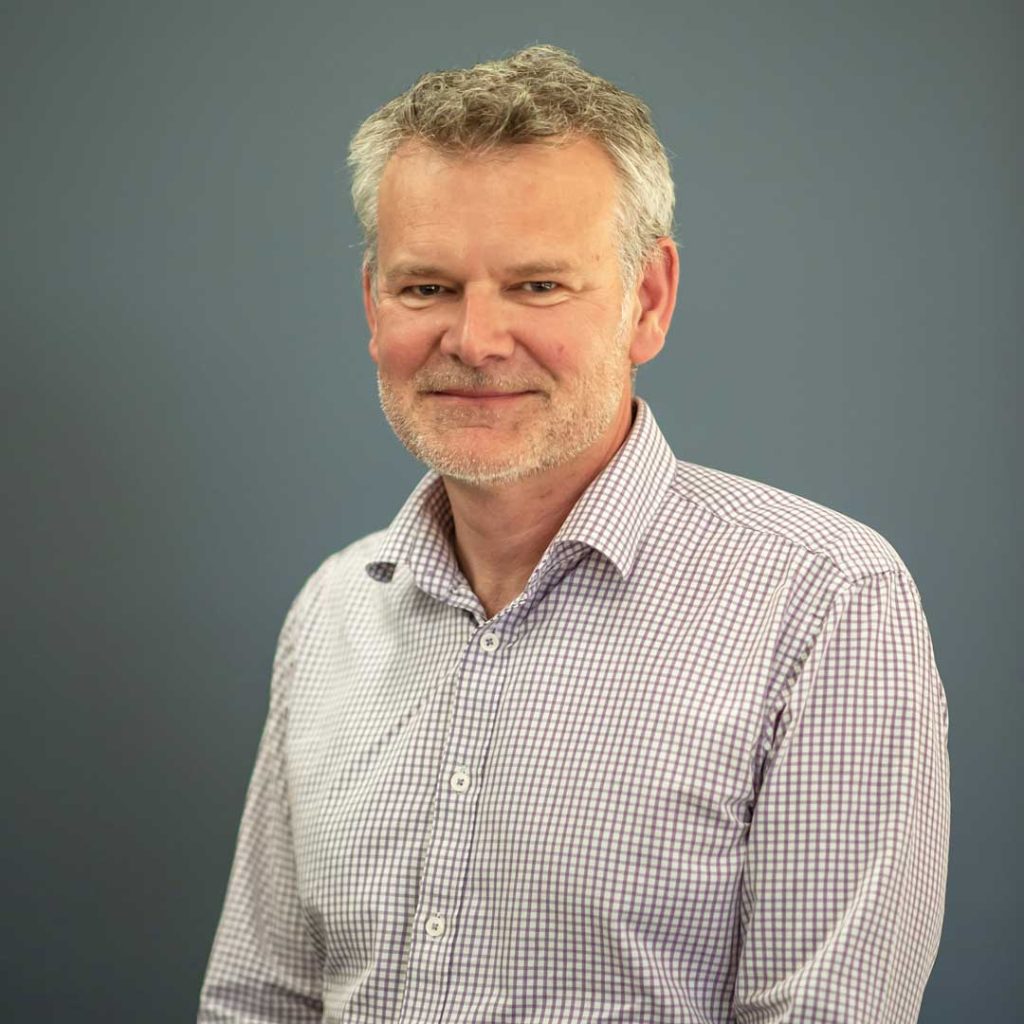Organ donation: The greatest gift of all

Only two per cent of people who die in Australian hospitals meet the criteria required to become an organ donor.
And just 513 of the almost 191,000 Australians who died last year donated an organ. So, it truly is a miracle when someone receives a life-changing transplant.
Or picture this: your kidneys are failing, you’re on dialysis multiple times a day and you’ve been put on a transplant waitlist. You don’t know how long it will take to receive a new kidney. Then, out of the blue, the phone rings and they’ve found a donor. You have lifesaving surgery that changes your lifestyle forever.
For the two people whose stories you’re about to read, this is their reality.
The gift of sight
“It was a relief – Hayden didn’t pass away for nothing,” says Elaine Champion (pictured above) as she tells the story of her brother (pictured below), who sadly died in 2006 in hospital after suffering fatal injuries in a car crash. Before the 24 year old passed away, he was able to help strangers in need by donating his corneas.

“We were going to lose Hayden,” Elaine says. “There was nothing we could do about that, but if we could help another family, it was worth it.”
Elaine’s family discussed organ donation and made a conscious decision to be organ donors.
Imagine you get a call and a loved one has been rushed to hospital in a critical condition. There’s nothing that can be done. They’re going to pass away, but through organ donation, they’re able to have a positive impact on someone else’s life.
“It was something our parents had discussed with us at the dinner table, on more than one occasion, about their wishes and asked us about ours,” she says.
This meant that when the time came, the family knew what Hayden wanted and made the decision that he’d be an organ and tissue donor. Hayden donated his corneas, which helped restore the sight of two people who were unable to have cataract surgery and were legally blind.
“We did get some messages that people were getting to see their grandchildren for the first time,” Elaine says. “It’s huge because it’s the gift of sight and independence.”
While Hayden met the criteria for tissue donation, it’s not always possible. Many people don’t die in hospital or fail to meet the criteria to donate. Of the 84,000 people who died in Australian hospitals last year, only 1500 died in a way where organ donation could be considered. This shouldn’t deter people to become an organ donor. Quite the opposite in fact.
“The more people who decide to be an organ donor, the more lives that can be saved,” Elaine says.
“It’s one of the most rewarding decisions to make to know that you’re making a difference to somebody else.”
A miracle find
As a teenager, Alex Roose was diagnosed with polycystic kidney disease – a condition that can reduce kidney function and lead to organ failure. At 46, Alex’s kidneys began to fail, and he was placed on the waitlist for a transplant.
Due to his rare blood type, Alex was told there would probably be a four-year wait for a new kidney. In the meantime, Alex required peritoneal dialysis several times a day, but he was determined to live life to its fullest.

Only 10 months later, everything changed. Last October, Alex and his partner went camping in remote New South Wales bushland where mobile phone reception is sporadic at best. Alex never expected a new kidney would become available while he was away. In his mind, he had a four-year wait ahead.
But as fate would have it, an almost-perfect match was found. This led to an urgent search across two states, with his family contacting police and other emergency services in NSW to locate Alex and get him back to Adelaide within 24 hours. Thankfully, he was found, and after an incredible chain of events, a complete stranger who was running in the area broke the good news.
“I was confused when the runner first told me, particularly because I’d told my transplant coordinator that we were going away on holidays and that would suspend my listing,” Alex says.
“But once I got past the confusion, I wasn’t psychologically or emotionally prepared for it. “There was excitement that it was happening, but I was also acutely aware that it was only possible because someone had died or was dying.”
2023 organ donors
The number of people who donated an organ last year.
Alex and his partner drove back to Canberra and then he boarded a flight home the following morning. Back in Adelaide, Alex rushed to hospital and underwent surgery. Surgeons removed one of his kidneys, which weighed almost five kilograms due to his condition, and replaced it with the transplant.
Alex says the kidney transplant has changed the way he lives his life.
“On dialysis, I had to be really organised and my entire day was structured around it,” he says. “Now, I basically live a normal life like anyone else – although slightly more chaotic because I’m a freelance musician.
“I’ve got so much more energy and psychologically I feel like I can now make plans for the future in a way that when I was on dialysis, I couldn’t because everything was on hold.”
The staggering stats
While 78 per cent of Australians support organ and tissue donation, only a third are registered. However, in South Australia almost 70 per cent of people are registered thanks to online registration and a choice to opt in when motorists get their driver’s licence.

Ultimately though, it’s family members who decide whether a registered donor will donate their organs. And, despite the high registration rate, only 55 per cent of families consent to organ donation.
State Medical Director for DonateLife South Australia Dr Stewart Moodie (left) says registering to donate your organs or tissue sends a very powerful community message of solidarity.
“By registering to donate, we’re acknowledging that we’ll help others at the worst possible time,” Dr Moodie says.
“It’s a really kind and generous thing to do, and I think that’s a very positive message for us as a community, particularly in these polarising times.
“Register online at DonateLife, or in South Australia you can tick the box on your driver’s licence, and that will ensure we speak to your family, and let them know you’ve made that choice in life, and that will help them make the final decision.”

